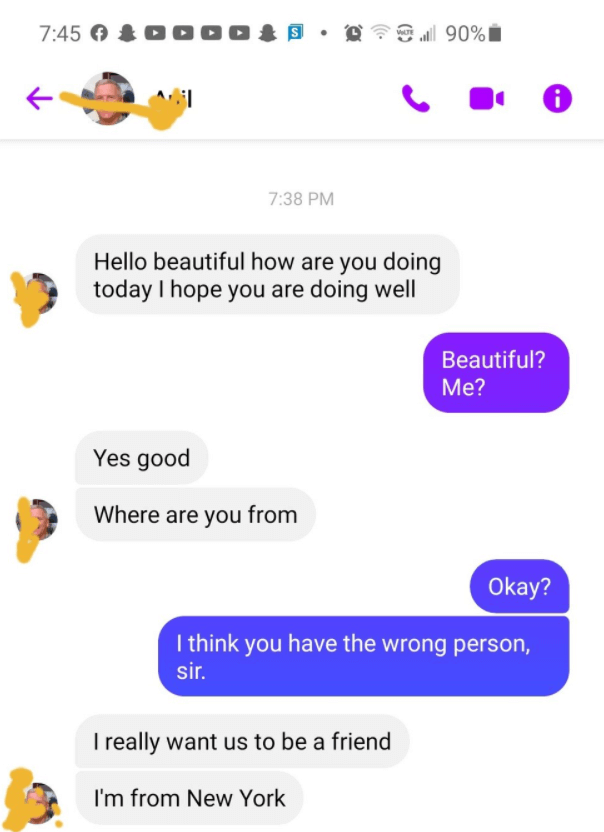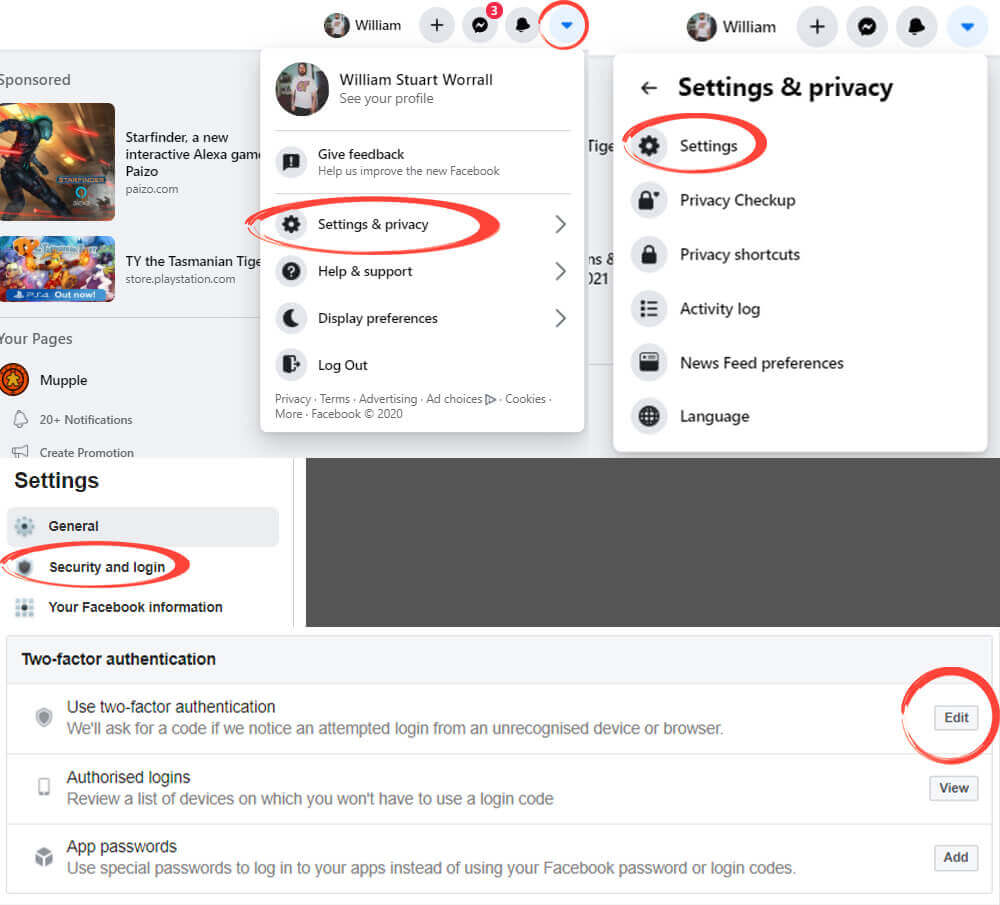- Facebook is littered with frauds, bots, and hackers looking to exploit unsuspecting users.
- You might wonder what someone would even want with your Facebook account.
- There are reasons and ways you can counteract these attacks.
If you’ve used Facebook for more than a couple of years, you’ve undoubtedly gotten a strange message from a friend at some point. It’s not in their usual ‘voice,’ and it’s asking you to click on something you don’t recognize.
Your friend has likely been hacked.
And chances are, you’ve been hacked at some point too. How does this happen? Why does this happen? And what can you do to prevent it?
We’ll answer all of these questions in the article below.
What Does Anyone Want With My Facebook Account?
Hackers can harvest value from your account in a variety of ways.
The most simple reason is emotional. Some people are jealous or obsessive and want to get an inside look at your account and your messages. They can hire a hacker to infiltrate your account. From there, they can scan your private information or even post something detrimental about your identity.
A complete stranger can also hack you. This is where the shady messages come into play. They can send messages to your friends, baiting them to click on malicious links so they can hack them too.

Hackers can also steal personal information through your Facebook account, which can ultimately help them steal your identity. Some people store credit cards, phone numbers, and social security numbers on the platform. They can also find information that can provide answers to security questions, such as your first pet or your mother’s maiden name.
How Do They Do It?
Your account can be breached in a variety of different ways. Here are just a few:
Phishing is still a common way hackers can breach social media accounts. They can set up imposter sites that ask you to ‘log in’ but only steal your login information. This process often starts with an email containing a link asking you to log in to your account.
Keylogging is another common tactic for hackers. A keylogger program, which can be set up on your device remotely, records the keys you enter. Key-loggers can record your password information or even your banking information.
Password storage may be helpful when trying to keep track of your passwords, but it can make you vulnerable to attack. If a hacker breaches your browser’s password manager, they can have a field day with your private information.
Large database breaches are fairly common and can happen to almost any online service. If you have a user on an online service that is hacked, the hackers might try the same password and email you had there on different services. That’s why you should always use a unique password for every online service.
Social Engineering is a psychological manipulation where the hacker can pretend they are a friend or a co-worker and where you are tricked into giving out personal information like a password to a service.
These are just five of the most popular ways hackers can breach your Facebook account, and they’re just the tip of the iceberg. Thankfully, there are ways that you can protect yourself.
How You Can Secure Your Facebook Account
To protect your Facebook account, you can start with the following good practices:
- Avoid emails that ask you to log in to your Facebook account unless you’re 100% certain it’s not an imposter.
- Don’t store your passwords on your browser.
- Always use strong passwords, and avoid the most common mistakes when creating passwords.
- Always log out of your devices.
From there, you can take further steps to secure your Facebook account.
You can activate Two-Factor Authentication. This adds an extra layer of protection, making it significantly harder for hackers to infiltrate your profile.

You should also avoid accepting friend requests from random people. While it may make you feel popular, these accounts can become unwanted guests that lurch personal information from you with the new access you’ve allowed them.
Likewise, adware and malware bots can do the same. Be sure to install a malware remover onto your computer.
If you’re worried about your Facebook account’s security, you can order a security audit here. If you have already been hacked, you should read our article on recovering a hacked Facebook account.
Unable to recover your Facebook account?
Schedule a call with one of our experts here.
Featured image by AFP PHOTO & JOEL SAGET.